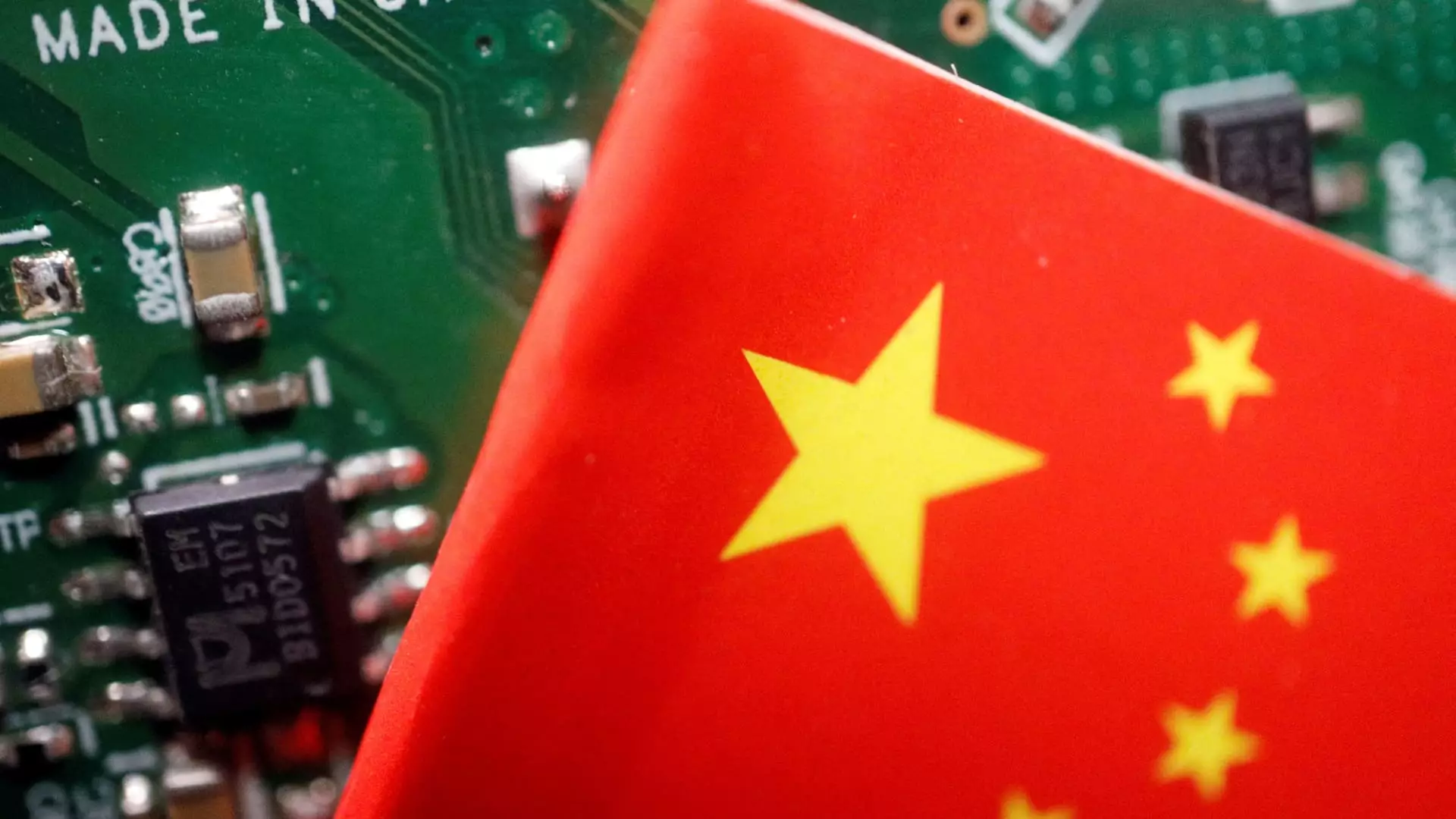The semiconductor sector is vital to the global economy, interlinking various industries from consumer electronics to automotive manufacturing. Recently, Asian chip stocks, particularly those outside China, have showcased remarkable resilience in the face of escalating U.S. export curbs aimed at limiting China’s technological advancements. This article delves into the dynamics influencing Asian semiconductor stocks, highlighting their performance despite regulatory pressures, and examines the broader implications of U.S. export controls.
On a seemingly ordinary Tuesday, Asian chip stocks, led by Taiwan Semiconductor Manufacturing Company (TSMC), recorded encouraging gains. TSMC, recognized as the world’s largest contract chip manufacturer, experienced a 2.4% increase in its shares. This positive trajectory is noteworthy considering the current geopolitical climate and heightened restrictions on semiconductor exports. Additionally, Japanese technology firms enjoyed significant uplifts; for instance, Tokyo Electron saw a 4.7% rise, while Lasertec surged by an impressive 6.7%. These companies’ performances underscore a trend where markets react with optimism, choosing to focus on growth potential instead of external pressures.
The overall sentiment among investors was that although U.S. export restrictions would create headwinds, the demand for semiconductor technology across other markets remains robust. This shift towards resilience highlights a pivotal moment for chip manufacturers, where they may redirect their focus and resources to alternative markets.
The Biden administration’s recent decision to impose stricter controls on semiconductor exports, particularly high-bandwidth memory chips, marks a critical escalation in U.S.-China tensions. The administration aims to limit Beijing’s capabilities to develop advanced military technologies by restricting access to cutting-edge chip technology. This move specifically targets major players within the memory chip sector, including South Korea’s Samsung and SK Hynix, raising concerns about the potential impact on their market share.
Interestingly, despite the anticipation of adverse effects, shares of Samsung and SK Hynix showed slight upticks of 0.9% and 1.8%, respectively. This phenomenon suggests that investors may already have priced in the potential challenges these firms will face. Derrick Irwin, a portfolio manager at Allspring Global Investments, provided insight during a CNBC interview, indicating that while sales might be affected, the overall market demand would likely compensate by shifting towards other opportunities outside China.
With the new restrictions set to impact 140 entities, including several prominent Chinese companies, the strategic landscape of the semiconductor industry is evolving rapidly. The inclusion of Naura Technology, Piotech, and ACM Research on the U.S. export controls list has resonated negatively within the Chinese stock market, showcasing immediate reactions to such geopolitical maneuvers. The decline of 3% in shares of Naura Technology after the announcement illustrates the direct correlation between regulatory actions and market responses.
However, the intricacies of these restrictions go beyond immediate stock market fluctuations. U.S. Secretary of Commerce Gina Raimondo emphasized that these measures are part of a broader strategy to curtail China’s ability to produce advanced technologies. This approach raises national security concerns, as the semiconductors produced can potentially enhance military capabilities, prompting a reevaluation of supply chain dependencies.
Despite the stringent controls imposed by the U.S., the adaptability of the semiconductor industry is evident. The reported effectiveness of U.S. chip restrictions had previously come under scrutiny when a TSMC chip was identified in a Huawei product, underscoring the complexities within global chip supply chains. The latest measures introducing “red flag guidance” and enhanced compliance considerations suggest a persistent effort to navigate these challenges.
As the global semiconductor landscape continues to transform, it is vital for companies beyond China’s borders to maintain agility. Innovations and strategic pivots will be essential in harnessing market demands while navigating regulatory landscapes.
While the pressures from U.S. export controls present undeniable challenges, Asian chip stocks, particularly those in Taiwan and Japan, have demonstrated resilience and potential for growth. The evolving situation necessitates a proactive approach within the semiconductor industry, balancing compliance with strategic market opportunities, ultimately shaping the industry’s future in an increasingly complex global environment.


Leave a Reply
You must be logged in to post a comment.